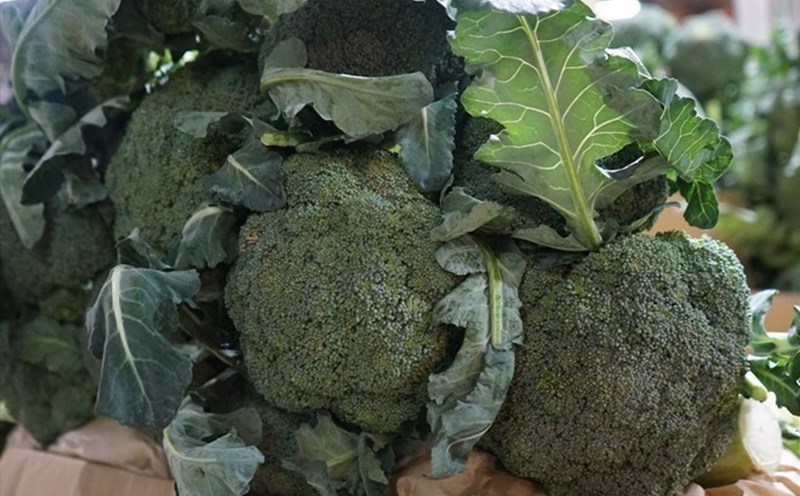Many people have the habit of supplementing fiber to improve digestion, want to have easier bowel movements and reduce the risk of constipation. However, there are many cases of bloating, flatulence or abdominal discomfort. Experts say that the problem is not only eating a lot of fiber, but more importantly, choose the right type of vegetable, understand the characteristics of each group of fiber and increase the amount slowly, along with drinking enough water.
Basically, fiber is divided into two types: soluble fiber and insoluble fiber. Soluble fiber, dissolved in water, forms a gel that helps soften stools, while feeding beneficial gut bacteria. Meanwhile, insoluble fiber plays a role in increasing stool volume, promoting bowel movements and preventing constipation.
According to the Mayo Clinic, fiber not only increases stool weight and size but also helps soften stools, making diarrhea easier; on the contrary, for people with diarrhea, soluble fiber can absorb water to thicken.
Among vegetables, artichokes are considered one of the top foods rich in fiber. A medium-sized artichoke can contain up to 7g of fiber, notably inulin, a prebiotic that feeds beneficial bacteria.
Gastroenterologist Will Bulsiewicz (USA) recommends artichokes as an ideal choice for gut health thanks to their high fiber content and prebiotic properties. Similarly, broccoli provides about 5g of fiber per cup, and is rich in sulforaphane, a compound that is beneficial for metabolism. However, for people who are prone to bloating, they should start with small portions. Leafy greens such as kale, bok choy or amaranth are also rich sources of insoluble fiber, which helps increase stool volume and maintain regularity in the digestive system.
Root and sweet potato leaves are also rich in pectin, a form of mildly soluble fiber, suitable for sensitive people because it is oftenperfect than cruciferous vegetables. Asparagus, onions, and garlic are also rich in inulin and fructo-oligosaccharide (FOS), which is considered a food that feeds the intestinal bacteria, especially the Bifidobacteria group.
However, not everyone absorbs fiber in the same way. Nutritionist Hannah Holscher (University of Illinois, USA) notes that inulin, although beneficial, can still cause bloating if supplemented too quickly.
Just 1-5g can cause mild cold, and when the amount increases, many people are prone to bloating. Therefore, the important principle is to increase fiber slowly and combine drinking enough water to maximize the effect of fiber. For people with irritable bowel syndrome (IBS), the Low-FODMAP diet is recommended, which means temporarily eliminating some foods rich in FODMAP (such as artichokes, onions, garlic), then try each type to match the individual's portion sizes.
Experts recommend that instead of focusing on just one group, diversify your fiber sources: combine non-solutionary leafy green vegetables with vegetables containing a lot of soluble fiber such as sweet potatoes, carrots or artichokes.
At the same time, you should gradually increase 2-3g of fiber per day, maintain 1.5-2 liters of water and prioritize whole foods instead of relying too much on supplements. This not only helps the digestive system work smoothly but also brings long-term benefits to the intestinal, cardiovascular and metabolic microbiota.











